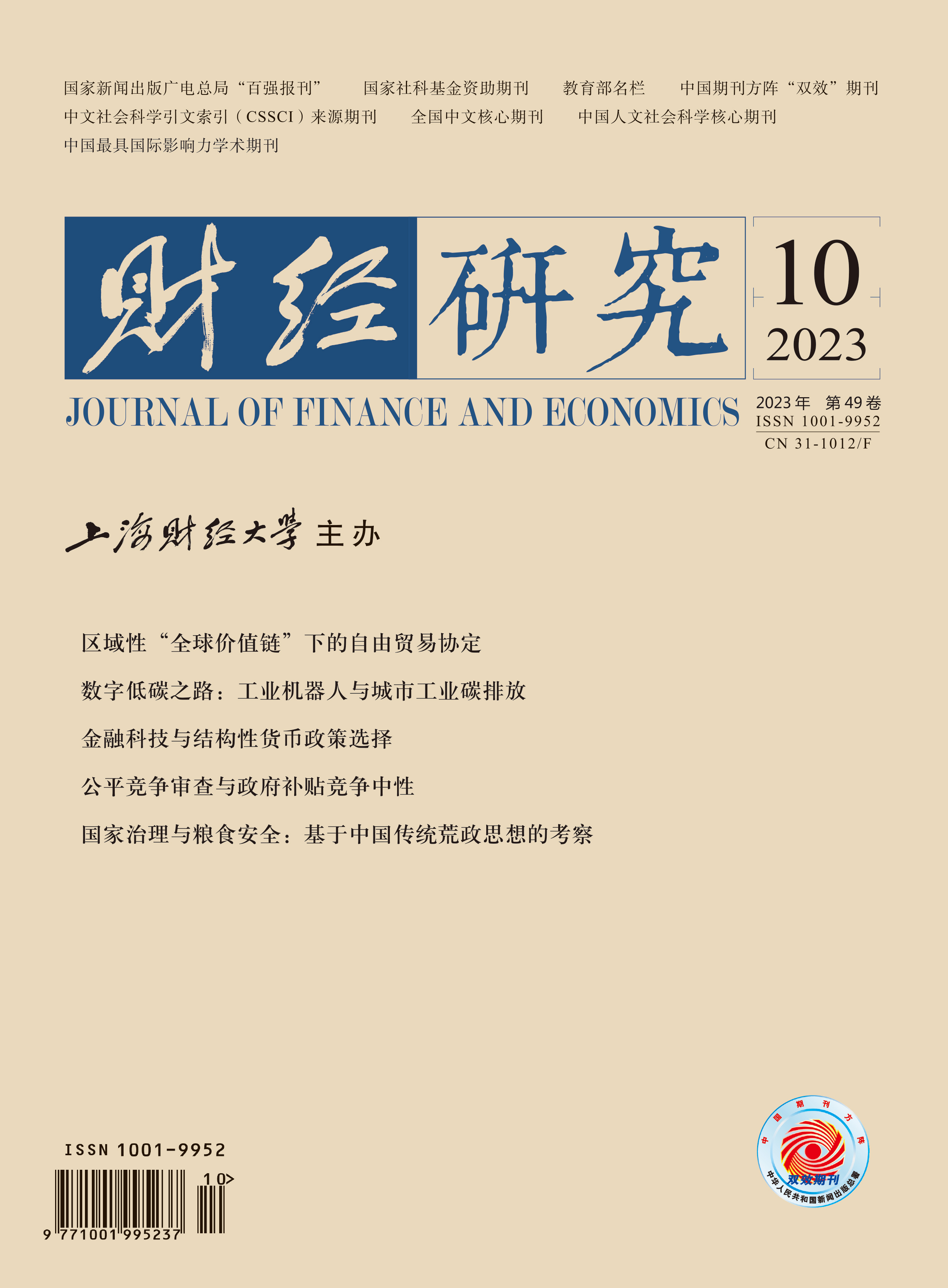Government subsidies are an important tool for macroeconomic regulation by a country, playing roles in overcoming market failures, incentivizing innovation in enterprises, and guiding industrial transformation. However, due to the phenomenon of favoring state-owned enterprises over private enterprises in the implementation of government subsidy policies, government subsidies in China exhibit a non-competitive neutrality. In light of this, this paper takes the implementation of the Fair Competition Review System in China as an opportunity to investigate whether this “pre-regulation” form of competition policy can effectively alleviate the non-competitive neutrality issue of government subsidies. The findings indicate that after the implementation of fair competition review by the government, the differences between state-owned enterprises and private enterprises in obtaining government subsidies have significantly reduced, and the competitive neutrality principle of government subsidies has been better realized. Furthermore, this paper explores the differences in the impact of fair competition review on the competitive neutrality of government subsidies from two perspectives: the intrinsic driving force of policy-making authorities in promoting fair competition review and the competitive willingness of enterprises to obtain government subsidies. It is found that factors such as the importance of small and micro enterprises in regional economies, the proportion of government funds in enterprise R&D expenses, industry monopolies, and Confucian culture will affect the implementation effect of fair competition review in alleviating the non-competitive neutrality issue of government subsidies. Additionally, this paper also finds that the implementation of fair competition review has a positive impact on restoring the competitive neutrality of different ownership enterprises in terms of tax incentives, market access, and credit support.
The contributions of this paper are as follows: First, it expands the research perspective from identifying whether government subsidies exhibit non-competitive neutrality to exploring how to improve the non-competitive neutrality of government subsidies, providing a new perspective for the design of mechanisms to enhance the effectiveness of government subsidies. Second, it focuses on the impact of this institutional change on the resource allocation process itself and provides empirical evidence on whether fair competition review can effectively prevent ownership bias in government subsidy policy formulation, which helps to establish a clearer understanding of the relationship between fair competition review and the improvement of resource allocation efficiency. Third, it explores the differences in the effect of fair competition review in addressing the non-competitive neutrality issue of government subsidies, enriching the research on factors influencing the effectiveness of competition policy implementation.





 4108
4108  4153
4153

